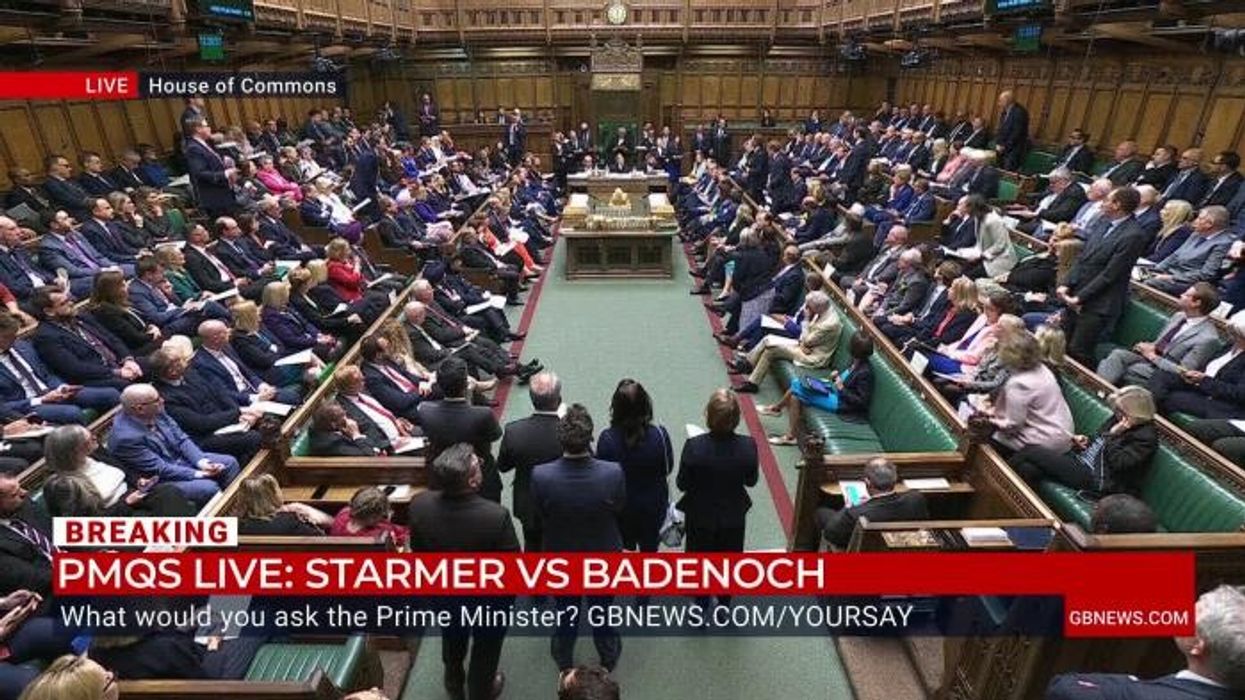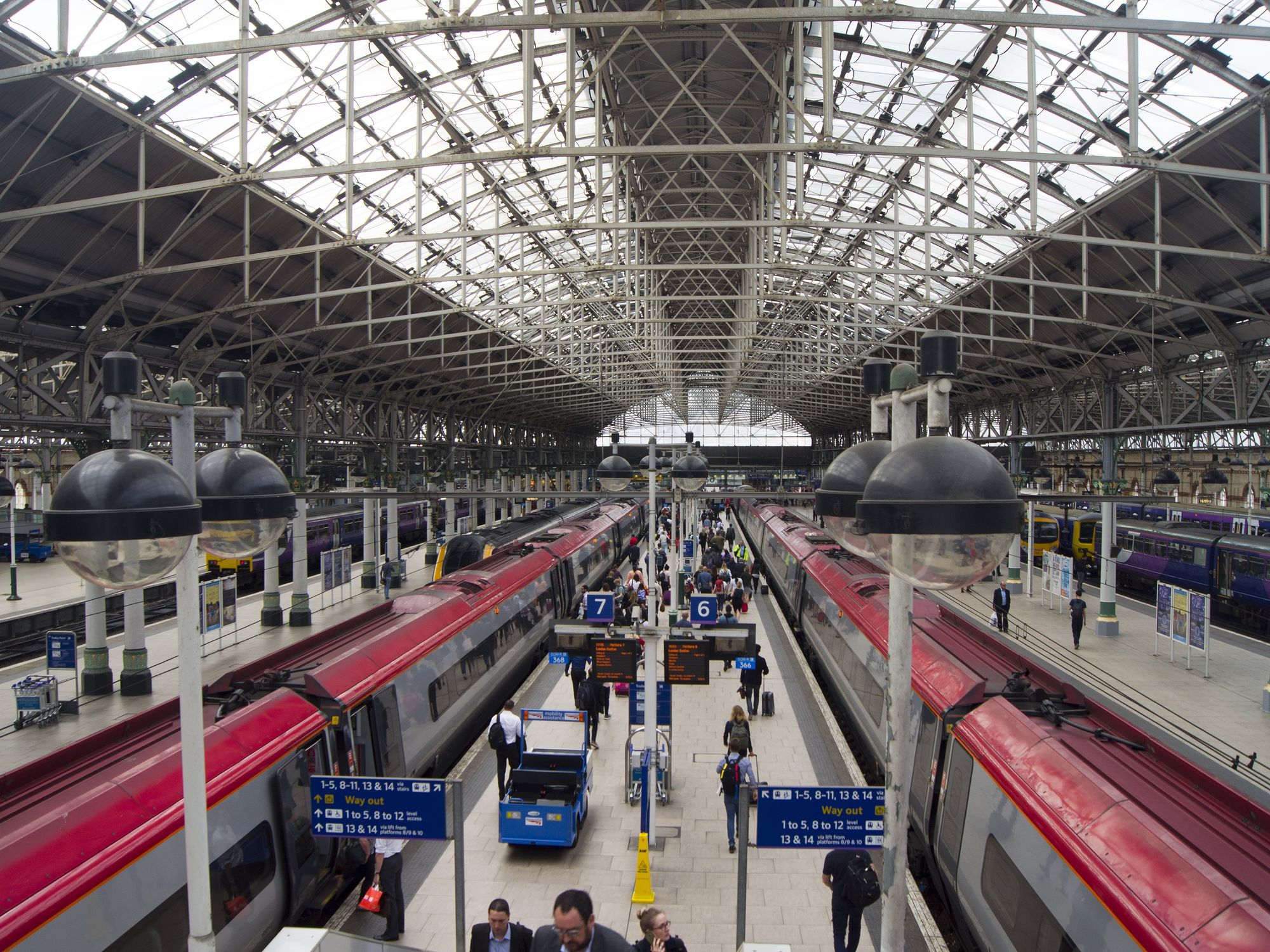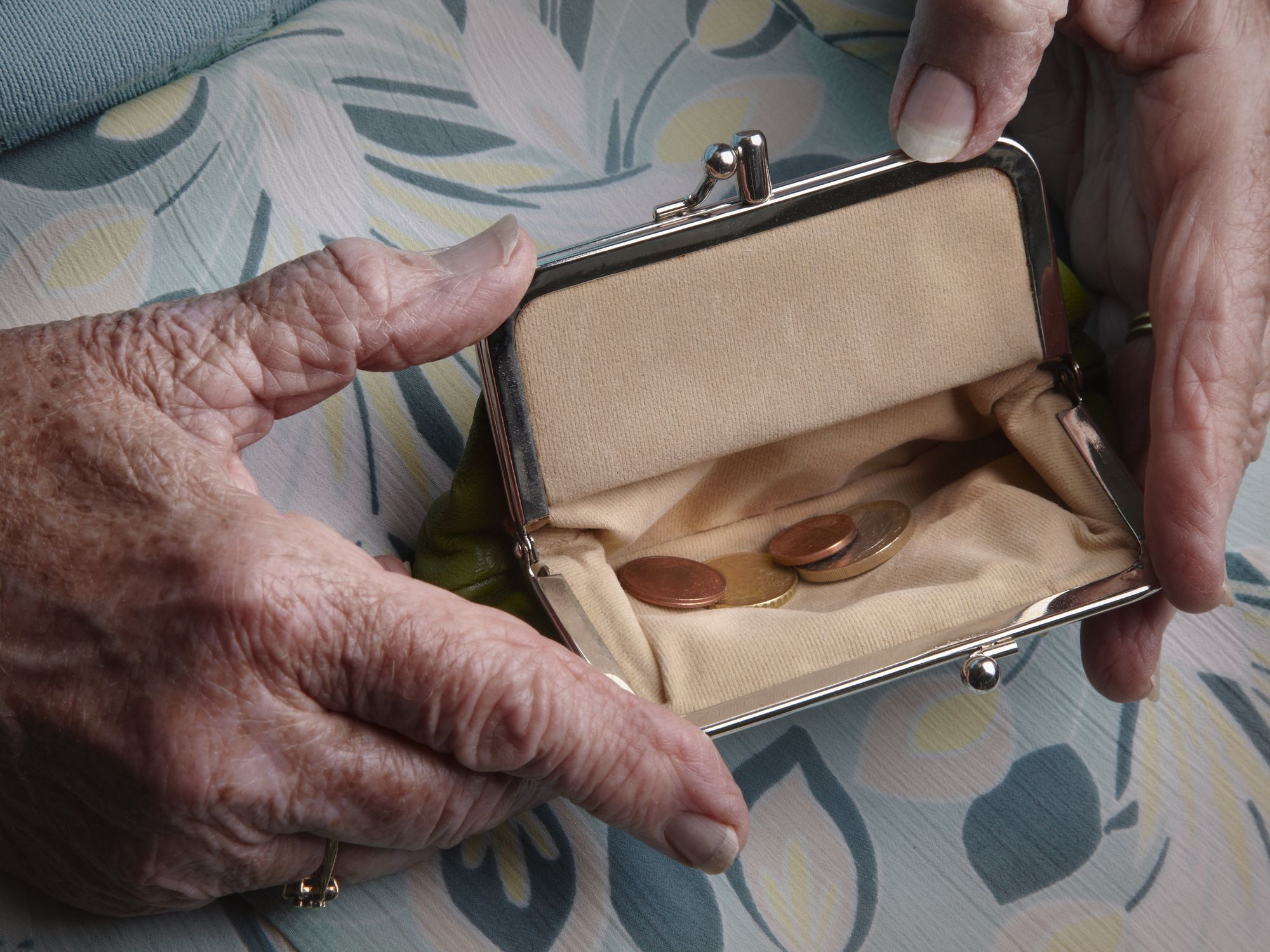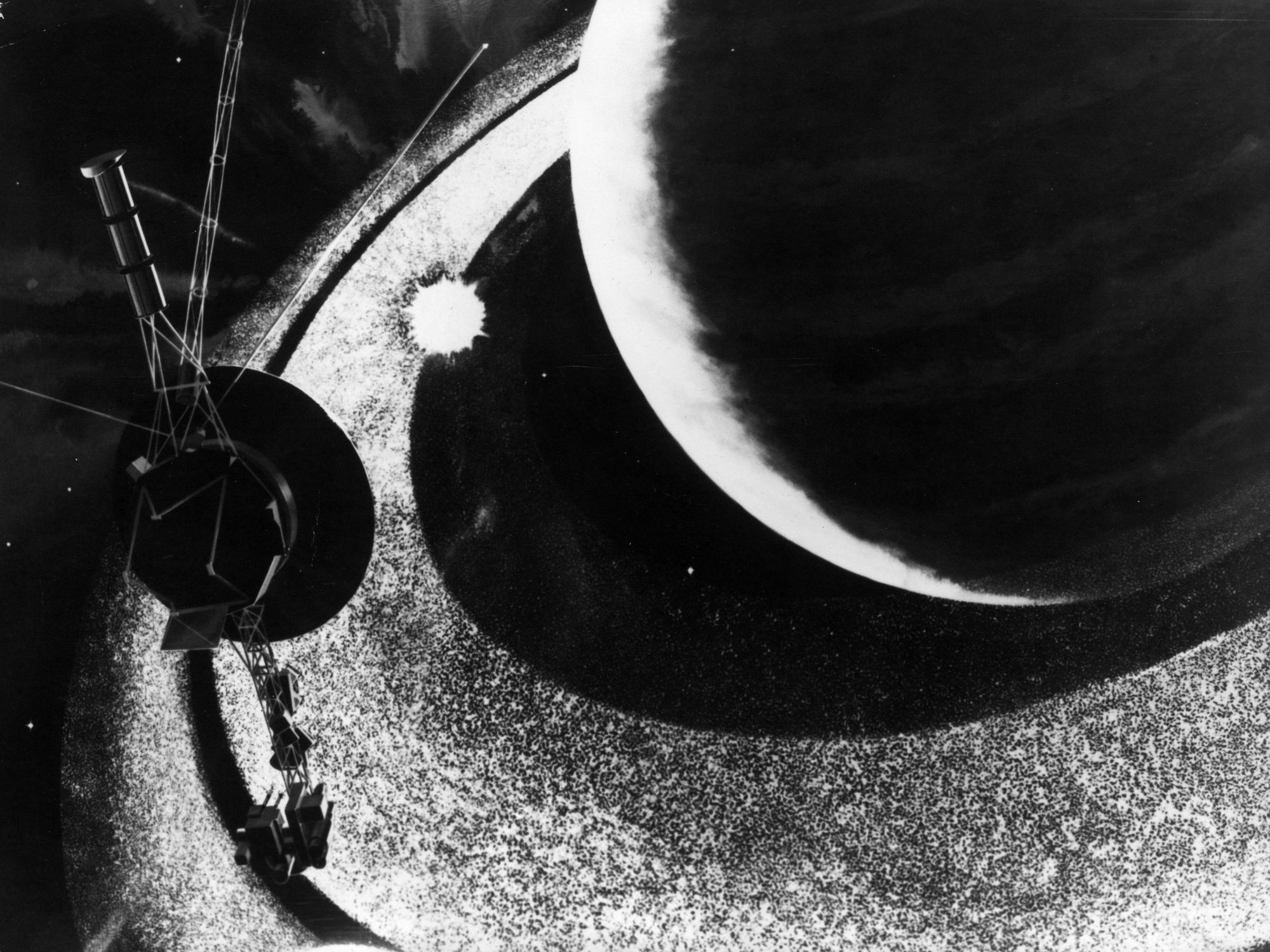UK restaurants quietly hike service charges to 15 per cent as US-style tipping creeps in - 'We need that money!'

Hospitality staff are facing slashed hours and lower take-home pay
Don't Miss
Most Read
British diners are increasingly facing US-style tipping practices, with 15 per cent service charges becoming the new standard in restaurants across the UK.
This marks a significant shift from the traditional 12.5 per cent that has long been customary in British establishments.
At high-end venues like The Wolseley, a "standard discretionary service charge" of 15 per cent is now applied on top of a £2.50 cover charge.
Industry experts warn this trend is likely to continue, with Kitty Slydell-Cooper of Countertalk advising customers to "expect to see 15 per cent on your bill as standard, and don't be horrified when the card machine is asking you to add an additional gratuity".
This shift in tipping culture has been largely driven by the unintended consequences of the Employment (Allocation of Tips) Act, which came into force in October.
The legislation, commonly known as the "Tips Bill", requires businesses to pass on 100 per cent of tips and service charges to staff, prohibiting employers from retaining any portion.
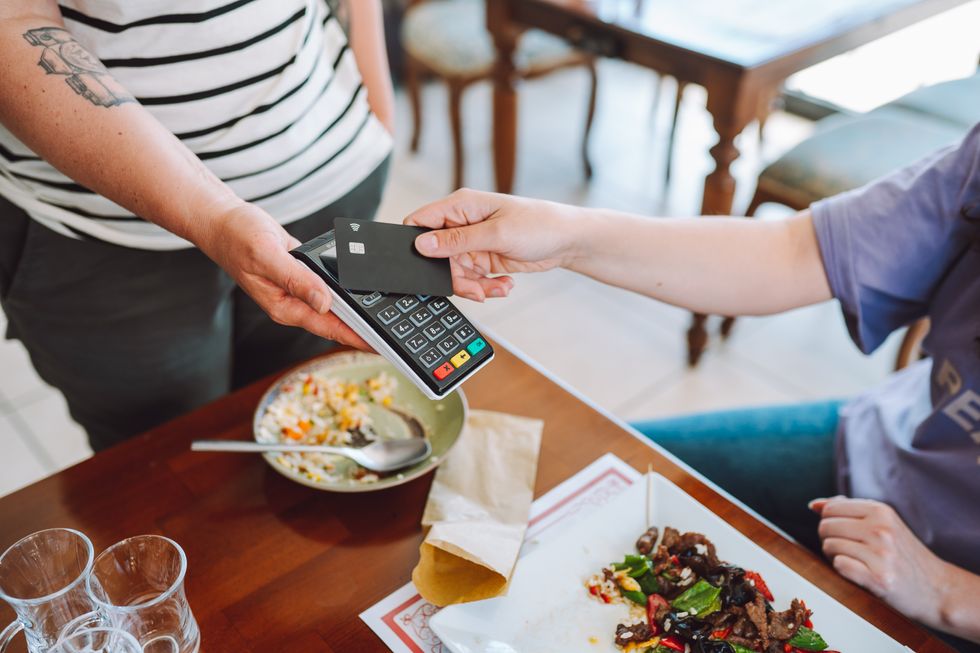 Cash tips will be accepted, however, many customers no longer carry paper money | Getty
Cash tips will be accepted, however, many customers no longer carry paper money | GettySlydell-Cooper said: "Before the legislation, the service charge was pooled and often used as an emergency buffer for restaurants.
"But from October, the buffer disappeared and restaurants put many more of their staff down to minimum wage, and topped up the wages of a greater number of people with the service charge - which is being spread more thinly."
The financial strain on hospitality workers is being exacerbated by recent Government policies, particularly increases to National Insurance contributions.
The Chancellor's decision to raise employers' National Insurance from 13.8 per cent to 15 per cent is hitting the sector particularly hard. Additionally, the weekly earnings threshold at which employers start paying National Insurance has been lowered from £175 to £96.
The impact on hospitality workers has been severe, with dramatic reductions in staffing levels. One luxury bar in Mayfair saw its team shrink from 13 people to just four in a matter of months. Those who kept their jobs face reduced hours and lower pay.
"One of my bartenders got paid £1,600 in January," said Ryan (name has been changed), a manager at the bar. "I just don't know how some are surviving."
LATEST DEVELOPMENTS:
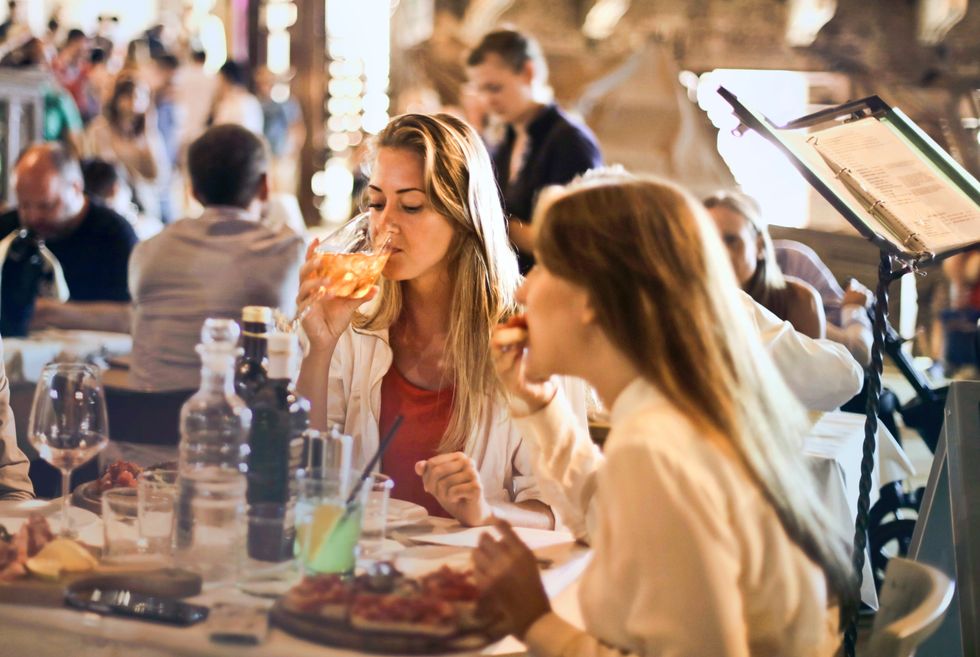
The situation reflects a wider crisis affecting the 3.5 million people employed in the UK's hospitality sector
| PEXELSThe situation reflects a wider crisis affecting the 3.5 million people employed in the UK's hospitality sector, who represent about 10 per cent of the country's entire workforce.
According to research by Wagestream, a financial platform, money is their biggest concern, with almost a quarter having no savings.
Peter Briffett, head of Wagestream, said: "The exact opposite has happened with their policies, which is that people are forced out of work, or forced to move jobs.
"They're high volume businesses with low margins, yet now have to pay millions of pounds extra in tax. They need that money to operate their businesses."
These increased costs are inevitably being passed on to customers through various means. Restaurants are introducing stealthy cover charges on bookings and widely adopting higher service charges.
The traditional 12.5 per cent has given way to 15 per cent at many establishments, with industry experts suggesting some venues could soon implement American-style 20 per cent charges, particularly in high-end restaurants with international clientele.
This approach is partly driven by tax efficiency, as Slydell-Cooper explains: "It will be propping up a totally beleaguered industry, so it's best to view it as a tax loophole that allows for the restaurants you love to survive."
Despite being technically optional, many diners feel obliged to pay these service charges, with 53 per cent reporting anxiety about asking to remove it.
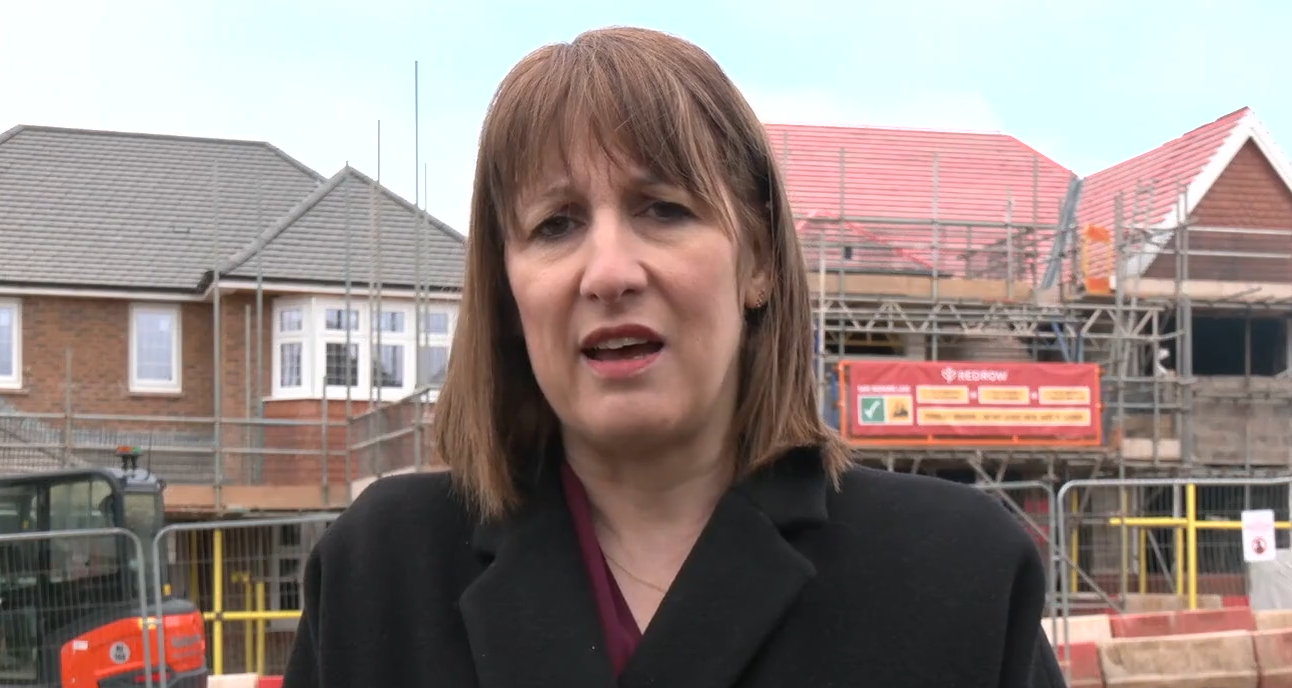
These increased costs are inevitably being passed on to customers through various means
| GB NEWSHowever, there are signs that British diners may resist the full adoption of US-style tipping practices. According to payment provider Dojo, only three per cent of people in the UK would consider tipping as high as 20 per cent.
"Eating out, of course, is already very expensive, and there's a sense that diners want to tip their server, but not be paying their wages," says Maya (name has been changed), a restaurant worker. "My restaurant is falling into the US system."
Despite the hospitality sector growing at 5.9 per cent- almost double the rate of the UK economy, according to UK Hospitality - the combination of legislative changes and increased employer costs continues to reshape Britain's tipping culture.


